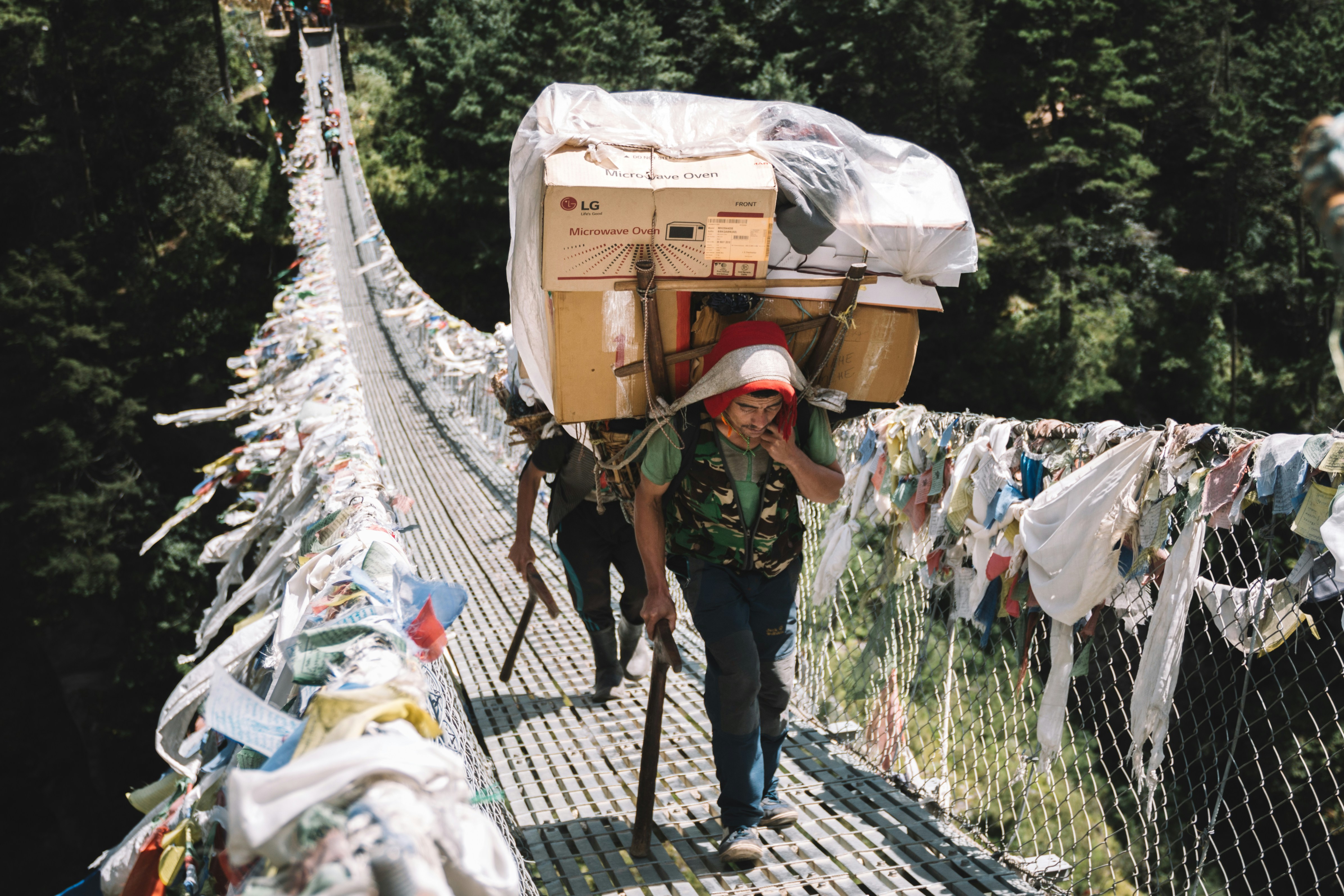Hiring a Porter and Guide for the Everest Three Passes Trek

Strong 8k brings an ultra-HD IPTV experience to your living room and your pocket.
The Everest Three Passes Trek is one of the most exciting and demanding trekking routes in Nepal. Unlike the standard Everest Base Camp trek, this journey crosses three high mountain passes—Kongma La (5,535m), Cho La (5,420m), and Renjo La (5,360m). It takes you through remote valleys, glacier crossings, and high-altitude landscapes where the air gets thinner and the trails more rugged.
Because of its difficulty and remoteness, having a licensed guide and a porter isn’t just helpful—it can make the entire experience much safer, smoother, and more enjoyable.
Why the Three Passes Trek Is Challenging
The route is long, usually taking 18 to 21 days, and includes steep climbs, icy paths, and rough weather at high elevations. You’ll be sleeping above 4,000 meters for several days in a row, where altitude sickness can become a real issue. Some sections, especially near the passes, are less marked and not always easy to navigate without experience.
This is not a trail where you want to guess your way or carry too much weight on your own. That’s where porters and guides come in.
What a Guide Brings to the Trek
A professional guide does far more than show the way. Their main responsibilities include:
Navigation: Some trails split unexpectedly, especially around the passes. A guide keeps you on track and avoids risky shortcuts.
Altitude care: Guides are trained to notice signs of altitude sickness early and know how to respond.
Local insight: They explain local customs, manage lodge bookings, and help you interact with villagers and other trekkers.
Decision-making: Bad weather or health issues can change plans fast. A guide helps make the right call at the right time.
Emergency help: In serious cases, a guide can coordinate helicopter rescues or contact emergency services.
Many guides speak good English and are licensed by the Nepal government. They’ve often done this trek many times and know what to expect at each stage.
What a Porter Does
A porter carries your heavy gear—usually up to 20–25 kg. That includes your clothes, sleeping bag, and other equipment. You’ll only need to carry a small daypack with essentials like water, snacks, camera, and a jacket.
This makes a huge difference. Trekking for over two weeks in high-altitude terrain is already tiring. Without the extra weight, your chances of enjoying the trek—and avoiding exhaustion or injury—increase a lot.
Porters are often from mountain communities and have years of experience carrying loads over difficult terrain. While they don’t usually speak English fluently, they’re some of the hardest-working people you’ll meet on the trail.
Guide-Porter Option: Is It a Good Idea?
In some shorter or easier treks, hiring a guide-porter (one person doing both jobs) is a budget-friendly choice. But for the Three Passes Trek, this isn’t recommended.
The trail is tough, the days are long, and the risk is higher. It's best to have two people—one to guide and one to carry your gear—so that both roles are handled properly. This is safer for both you and the staff.
Where to Hire Guides and Porters
There are two common options:
Through a trekking agency in Kathmandu or Pokhara. Agencies offer experienced, licensed guides and porters who are insured and properly equipped.
Independently in Lukla. You may find guides and porters offering services near the airport or teahouses, but it’s important to check their experience and ensure they’re trusted.
Hiring through a reliable agency is usually the safer choice, especially for this trek.
How Much Does It Cost?
Here’s a general idea of daily rates:
Licensed guide: $30–$40 per day
Porter: $20–$30 per day
Guide-porter: $25–$35 per day
These rates usually include their food, accommodation, and insurance, but always double-check what’s covered.
Tipping is expected at the end of the trek. Many trekkers give 10–15% of the total cost, depending on service and budget.
Why Hiring Local Staff Matters
Trekking in Nepal isn’t just about the mountains—it’s also about the people. Hiring local porters and guides supports rural families and keeps the local economy alive. It also builds connections that often become the most memorable part of the trip.
When you hire staff through a responsible company, you also help promote fair wages, proper treatment, and safe working conditions in the trekking industry.
Final Thoughts
The Everest Three Passes Trek is one of the most incredible trekking experiences in the world—but it’s also one of the toughest. Having a trusted guide and a strong porter can take a huge weight off your shoulders—literally and emotionally.
They’ll help you stay safe, give you peace of mind, and allow you to fully enjoy the beauty of the Himalayas without the stress of logistics or the pressure of carrying a heavy load.
Note: IndiBlogHub features both user-submitted and editorial content. We do not verify third-party contributions. Read our Disclaimer and Privacy Policyfor details.


